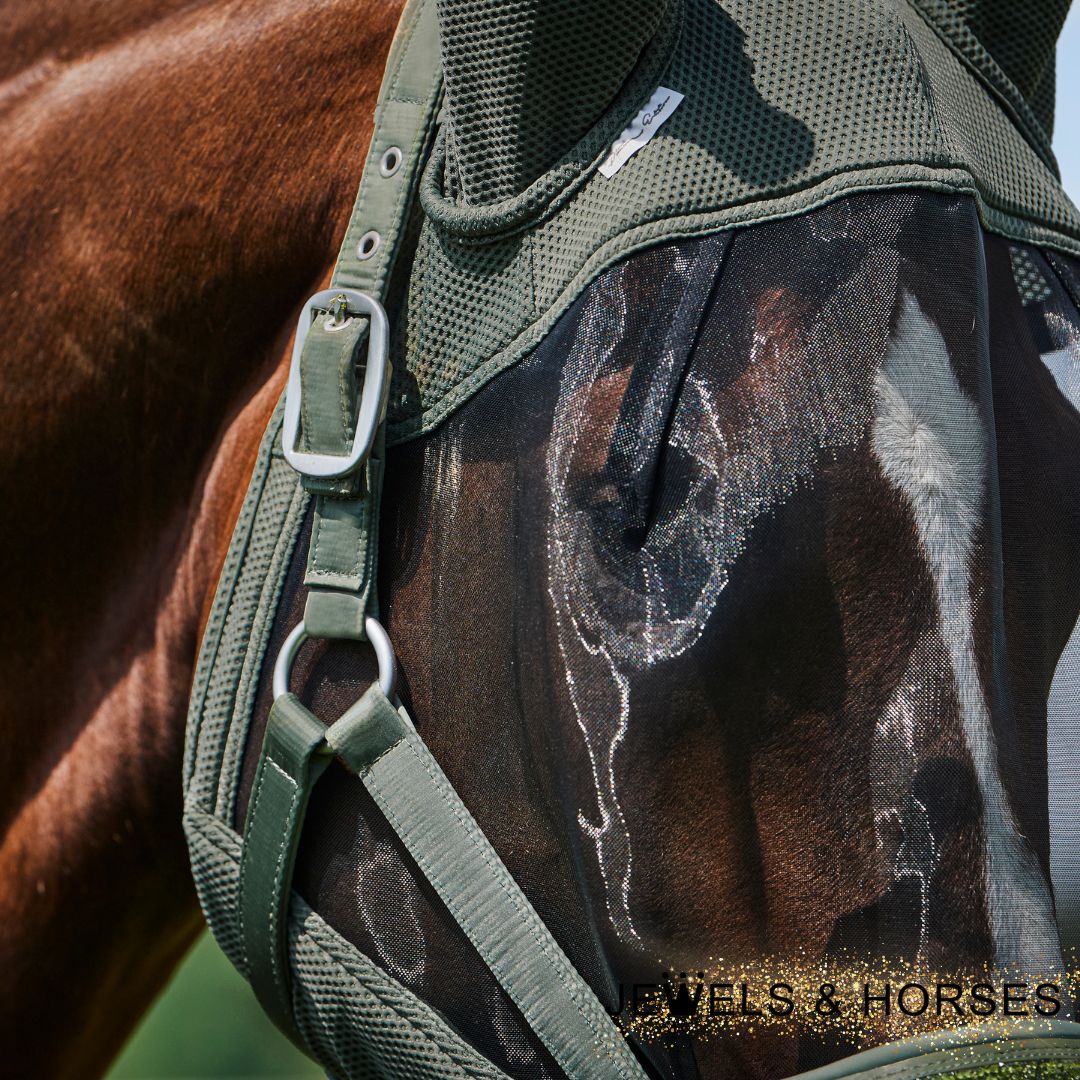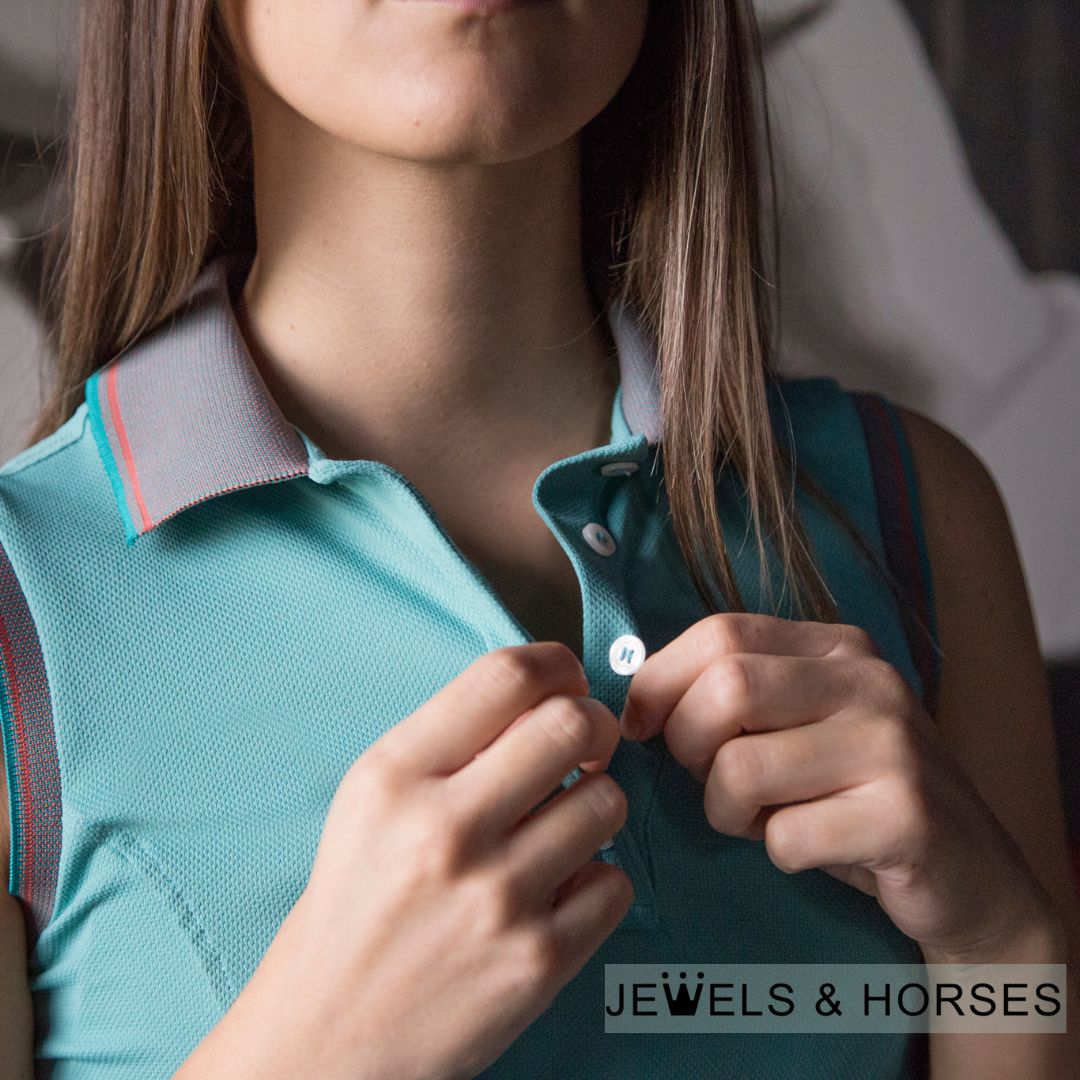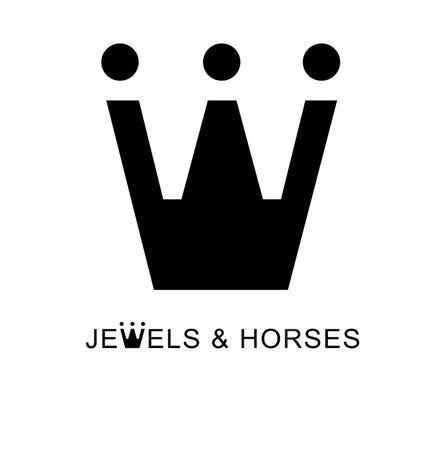Horse Fly Veils and solutions for alleviating fly irritation in horses

Unveiling Effective Solutions: Horse Fly Veils and More
Summer is here. But with this (hopefully!) warmer weather, comes the annoyance of flies. Horse flies can be a major nuisance for our horses, causing irritation, discomfort, and potential health issues. In this blog, we will explore the effectiveness of horse fly veils and discuss other valuable strategies to alleviate fly irritation on horses. We’ll give you some practical solutions to keep your horses happy, healthy, and protected.

Understanding Horse Flies and their impact
All flies can be annoying to horses, but horse flies are the worst. These flies are relentless blood-sucking insects known for their painful bites. They can be found in various regions across the UK and are most active during the summer months. Apart from causing irritation, horse fly bites can lead to allergic reactions, skin infections, and even the transmission of diseases.
To ensure the well-being of your horses, it is crucial to protect them from fly irritation and potential health risks.
Horse Fly Masks and Veils
One effective solution to combat horse fly annoyance is the use of horse fly masks. These masks are specially designed to shield horses from fly bites while allowing proper airflow. They can cover just the ears and eyes or be a full head veil.
Fly masks feature a superior mesh construction that prevents flies from penetrating while allowing horses to see clearly. Moreover, they offer UV protection, safeguarding horses from harmful sun rays. The masks are designed to fit securely, ensuring comfort and functionality.
When choosing horse fly veils, opt for reputable brands that prioritize quality and durability. We trust Eskadron, Kingsland and Harcour. The gorgeous range from Eskadron not only protects, but looks fabulous.
For protection whilst riding and competing we have the best selection of fly veils so you can have a fully co-ordinated look when riding out with their matching saddle pads.

Proper Application and Maintenance of Horse Fly Masks
To ensure optimal protection, it is essential to correctly apply and maintain horse fly masks. Start by selecting the appropriate size for your horse and adjusting the straps to achieve a secure fit. Ill-fitting veils may not provide adequate coverage, leaving vulnerable areas exposed to fly bites.
Regular cleaning and maintenance are also crucial to keep the veils in good condition. Follow the manufacturer's instructions for cleaning and use recommended cleaning products. Generally, it is recommended to clean the veils after a few uses or when they become visibly dirty. Proper care and maintenance will prolong the lifespan of the veils and ensure their effectiveness.
Additional Strategies to Alleviate Fly Irritation
In addition to horse fly veils, there are other strategies you can employ to alleviate fly irritation and create a fly-free haven for your horses:
Fly repellent sprays: Apply fly repellent sprays on your horse's body to repel flies. Natural options like essential oils or commercial chemical-based sprays can be effective. Follow the instructions provided and reapply as necessary, especially after sweating or rain.
We Love Fly Free Equine's homemade equine Fly repellent spray which is not only highly effective against horse flies but also contains an antiseptic which heals existing insect-related injuries.
Fly sheets and rugs: Consider using fly sheets and rugs as an extra layer of protection. These specially designed coverings offer additional defence against flies and other flying insects. We offer rugs to match fly veils, for a fully co-ordinated look. Eskadron Fly rugs are available in Fossil, Silk Purple, Pearl Grey and Orange.

Stable and pasture management: Maintain clean stables and regularly remove manure, as it serves as a breeding ground for flies. Implement effective pasture management practices such as rotational grazing and regularly mow the grass to reduce fly populations.
Fly traps and predators: Set up fly traps around the stable area to attract and capture flies. Additionally, encourage natural predators such as wasps and birds to inhabit the surroundings as they can help control fly populations.
Creating a Fly-Free Haven for Your Horses
By using horse fly veils and implementing other effective strategies, you can significantly reduce fly irritation and provide a more comfortable environment for your horses. Remember to regularly inspect and maintain your fly veils and other protective equipment.




